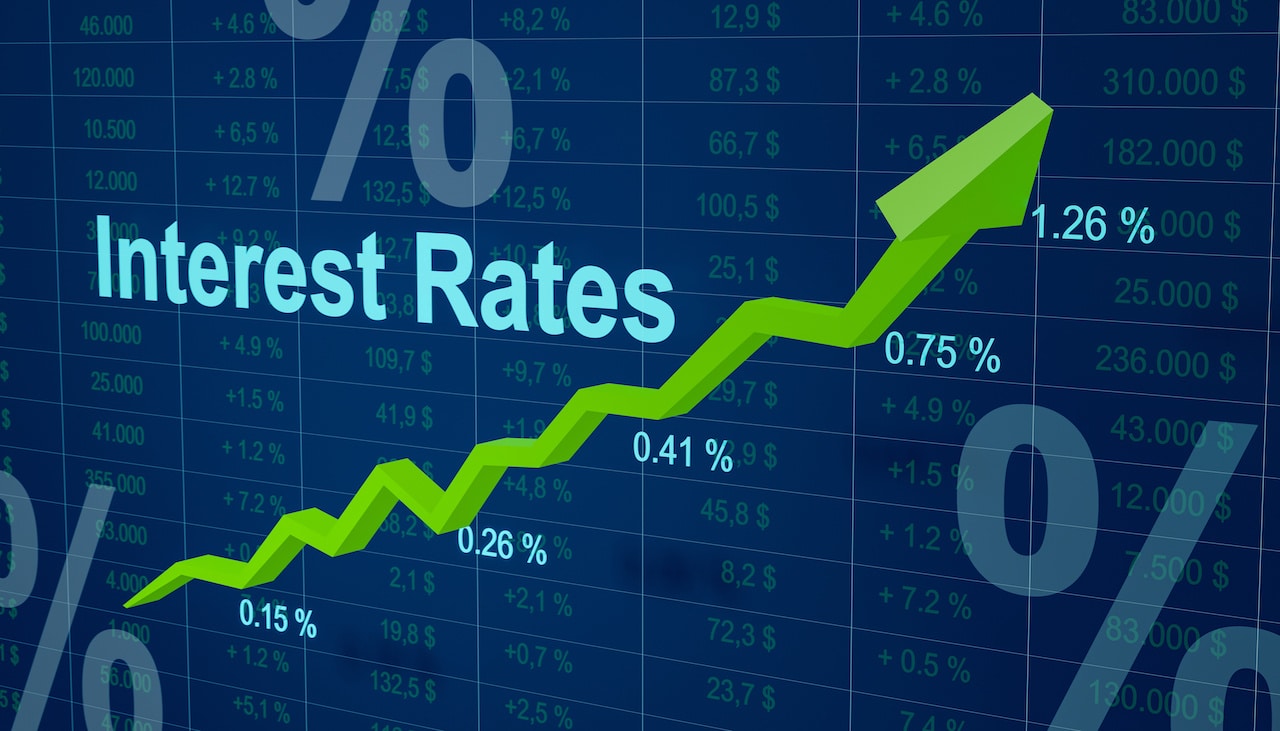So you’ve decided to start the process of applying for a business loan. Congratulations! This is an exciting time that could mean many great things ahead for your company.
But be wary of the roadblocks you might hit along the way. After all, business loans can be competitive. Before you jump into the process, it’s important to note the factors that may slow you down, or prevent you from being qualified altogether.
One of these factors is your personal credit score.
We all know the importance of work/life balance and keeping our business and personal life separate, but when you’re a small business owner, that becomes all but impossible. In some respects, you are your business. Any hardship you go through may directly affect your business, and vice versa.
With some preparation, you can understand all of your options and get yourself into the best possible loan situation for your business.
Why Your Personal Credit Score Matters
Some business owners assume that their personal credit scores won’t make an impact when it comes to matters of business. After all, a good entrepreneur doesn’t let their personal life affect their business—why should their personal credit history come into play?
But this isn’t the case, unfortunately. Most lenders do, in fact, look at your personal credit history when deciding whether to grant you a business loan.
Your credit score is seen as a direct reflection of how capable you are with money and how dependable you are as a borrower. If you can’t handle your personal finances well, a lender will assume you won’t be able to handle your business finances well, either.
This is doubly true if you are a new business owner. Without any business credit to your name, the only record of creditworthiness the lender will have access to will be your personal credit score.
How Different Lenders View Your Score
Thankfully, your personal credit score isn’t of equal importance to every type of lender. In fact, there are many business financing options out there—even if you have poor or no credit.
The importance of your credit score will vary from lender to lender, and even within different types of financing. Generally speaking, it is easier to qualify for a loan with more desirable (i.e. lower) interest rates and a longer repayment term if you have a higher credit score.
However, there are many other factors that lenders consider when scrutinizing your business loan application, such as your years in business and profitability, as well as the overall financial health of your business. Don’t let a poor credit score stop you from exploring all of your options.
Let’s take a closer look at just a few different loan options to see how important your personal credit score is for each:
- SBA Loans: SBA loans are some of the most sought-after business financing options out there, thanks to their lower interest rates and long repayment terms. However, these terms mean that SBA loans are more difficult to qualify for. Typically, small business owners who qualify for an SBA loan have a credit score of at least 680.
- Term Loans: Term loans are what most people think of when they think of a business loan. If you qualify, you are given a lump sum of money that you repay over a set period of time often at a fixed interest rate. The approval process for a term loan can be shorter than that for an SBA loan, but it will typically have similar credit score requirements; most business owners that qualify for term loans also have an average credit score of 680.
- Short-term Loans: If you have a poor-to-average credit score but your business has healthy, regular cash flow, you may be able to qualify for a short-term loan. These lenders place the highest importance on your business’ revenue when looking at your loan application. But be aware that these loans typically involve shorter repayment periods and higher interest rates.
- Accounts Receivable Financing: Also known as invoice financing, this type of loan is good for business owners who are waiting on an unpaid invoice (or multiple invoices) before they can pay their upcoming business expenses. The invoices themselves are put up as collateral, meaning that the rest of your business isn’t as heavily scrutinized.
How to Improve Your Credit Score
As you can see, the loans with the longest repayment terms and lowest fees and interest rates are easier to qualify for if you have a higher credit score. And depending on what you need a business loan for, it may make sense to hold off on applying until you’ve been able to improve your personal credit score.
The first thing you should do is become aware of the factors that are lowering your credit score. It’s quite possible that there has been an error in your report, and if that is the case, try to get it rectified with the three major credit bureaus immediately.
If you have a lower credit score than you should due to identity theft or another situation beyond your control, don’t be afraid to submit a letter of clarification (including the steps you’re taking to fix the situation) along with your business loan application. Be as forthcoming as you can be with lenders in order to make the process go smoothly.
Your credit score may be lower than you’d like for other reasons, too. If you simply don’t have enough credit history, take steps to establish credit and wait at least six months. You cannot build healthy credit without having and using credit products. A few ways to establish credit:
- Open a credit card account (verify that it reports to all three credit bureaus)
- Take a credit builder loan from your local credit union
- Become an authorized user on someone else’s account
To increase your score, try to never miss payments, keep your old accounts open, and keep your credit utilization to less than 30%. You will thank yourself in the future when you can qualify for the best possible loan for your business!




















